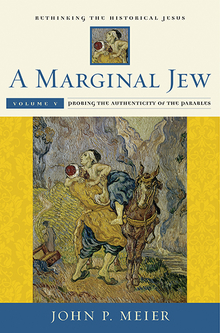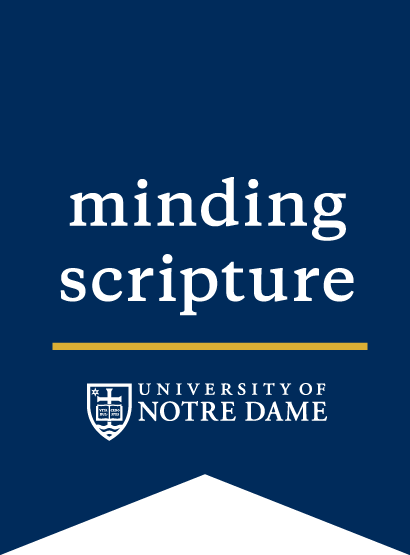Show Notes
What can truly be known about Jesus, and how can we read accounts about him in a reasonable way? Does a critical understanding of the historical Jesus complicate or nourish one’s faith? In Episode Two, Gabriel Reynolds and Tzvi Novick engage in a conversation on the Gospel narratives and on the earliest documents which mention Jesus with New Testament historian John Meier.
What role does Jesus’ language, Aramaic, play in reading and translating the Greek Gospel accounts of his life? What were the benefits and challenges of the rise of historical critical research about Jesus beginning in the Renaissance and in the 18th century? How has scholarship on Jesus changed since the 1970s, when a renewed focus on his Jewishness began to drive a better understanding of him as a historical figure? How has his Jewishness affected the way we understand the development of the Church in Rome?
John Meier addresses all these questions, and also speaks about ways to reconcile the four different Gospel accounts by shedding light on their different theological interpretations of the figure of the figure of Jesus. He shows us how a historical reading of Jesus’ life can be reconciled with faith in Jesus as an organic process by encouraging the question: How does our knowledge about the historical Jesus contribute to my faith and that of others?
Further Reading:
- John Meier, A Marginal Jew (Volumes I-V)
- Benedict XVI, Jesus of Nazareth
- Géza Vermes, Jesus the Jew, A Historian’s Reading of the Gospels
- E.P. Sanders, Jesus and Judaism, The Historical Figure of Jesus
- James H. Charlesworth, The Historical Jesus – An Essential Guide
IMAGE CREDIT: The Good Shepherd, Mausoleum of Galla Placidia, Ravenna, 5th century
Featured Guest

Dr. John P. Meier is Professor of Theology, Emeritus, at the University of Notre Dame. His major publication project has been A Marginal Jew, a five-volume detailed study of the historical jesus, which has been cited and praised by Benedict XVI in his own work, Jesus of Nazareth. John Meier’s quest has been to reconstruct as much as possible who Jesus was, based on the available historical material, in such a way that would allow Jews, Catholics, Protestants, Muslims, and Agnostics to agree.
